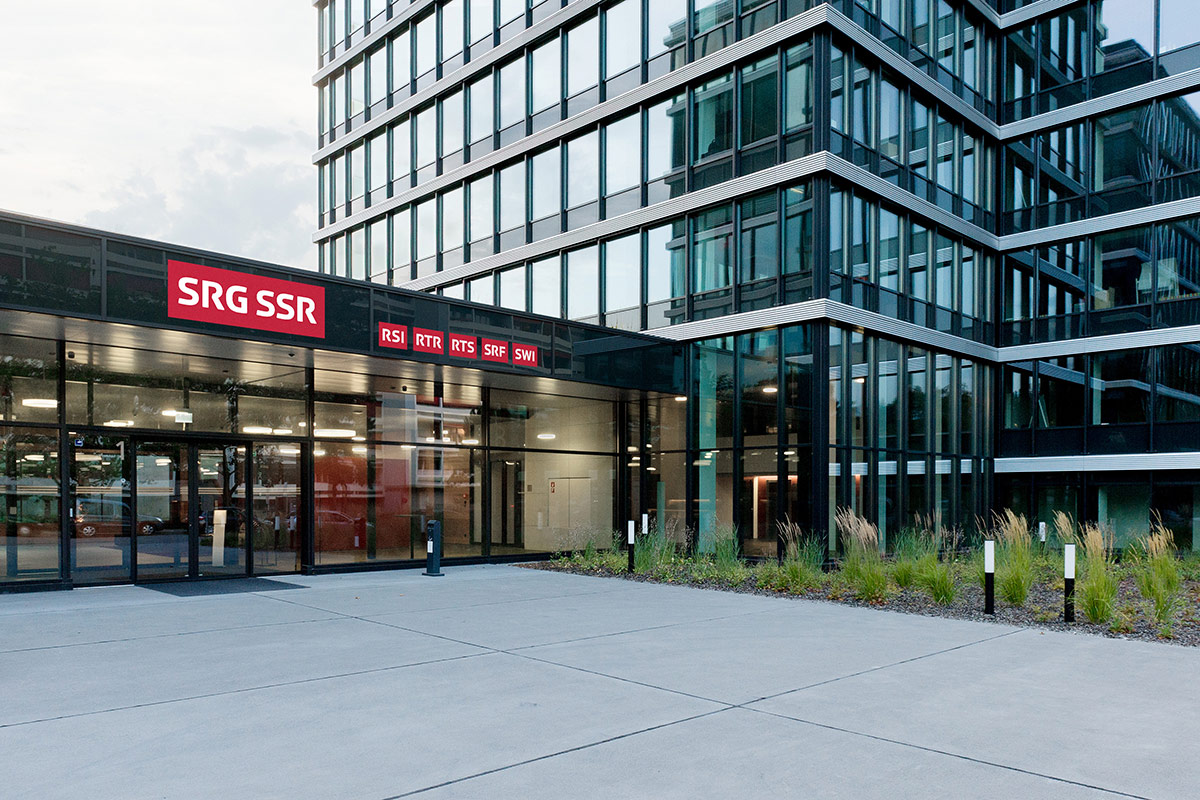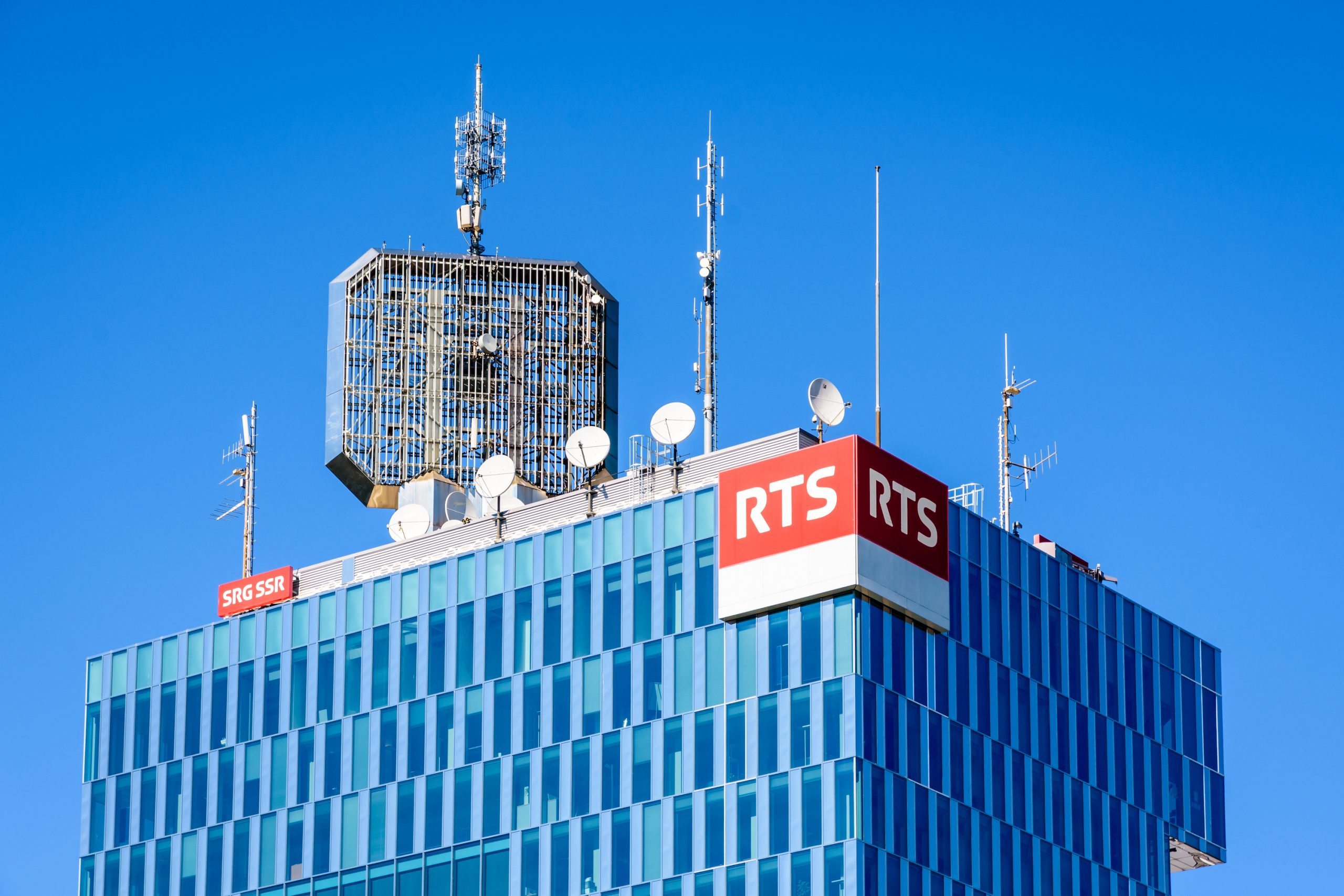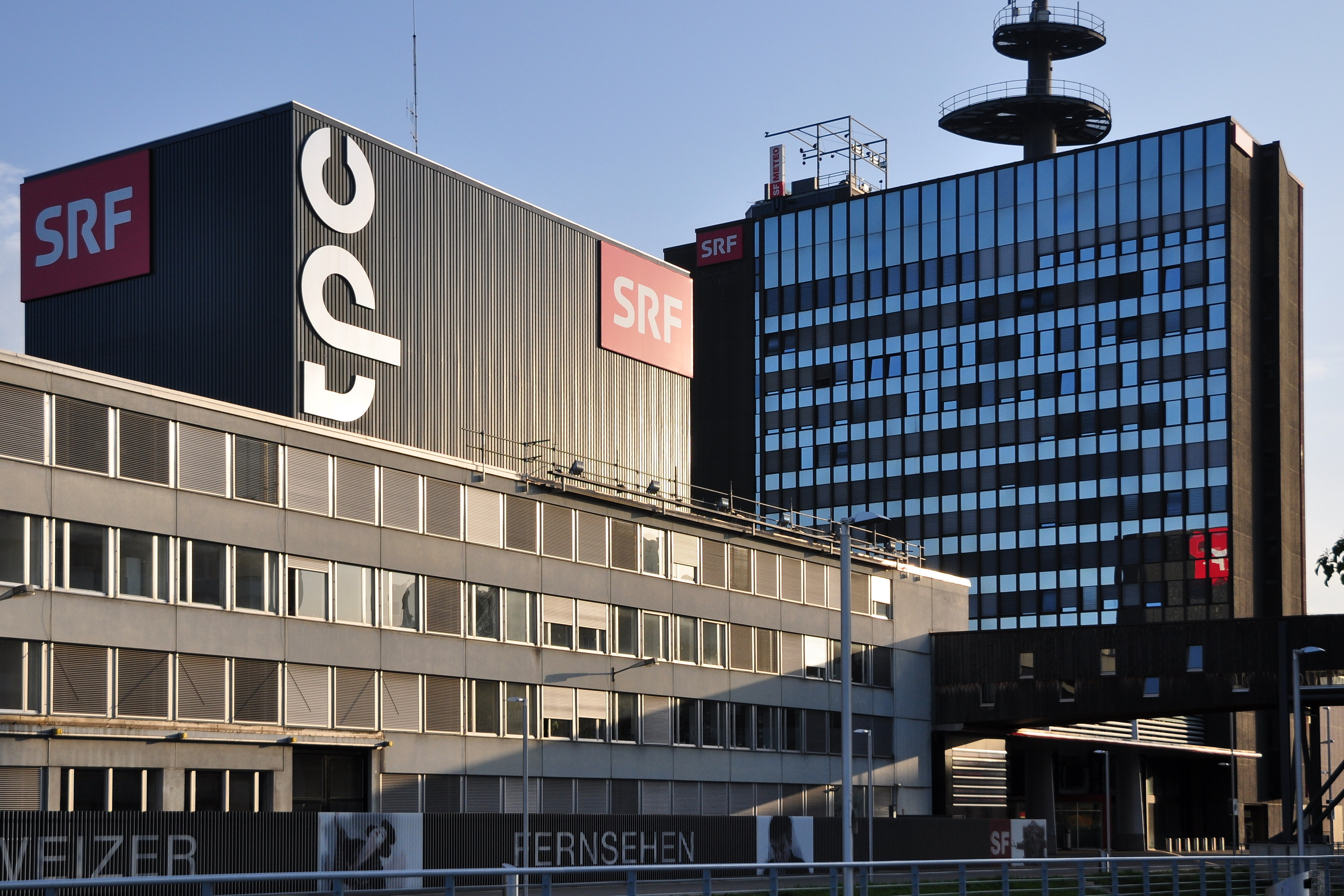100,000 signatures for “200 francs, that’s enough”
3rd July 2023
The “200 francs, that’s enough” initiative could now go to a referendum after collecting over 100,000 signatures say initiators.

The initiative to lower the radio and TV license from 335 francs down to 200 francs per year, whilst also making companies exempt from the fee, has accumulated 100,000 signatures according to the movement’s initiators.
Those behind the “200 francs, ça suffit” [200 francs, that’s enough] campaign said they would soon submit the initiative to the Federal Chancellery, and commence the process to put the proposal to the public in a referendum. The vote is expected to be held within the next two years.
Gilles Marchand, the Director General of SRG SSR, had previously labelled the initiative as “brutal and radical“. In January, Mr. Marchand warned that, if passed, the Swiss public service broadcaster would see its commercial revenue fall by between 50 and 100 million francs, while there would be a loss of 500 million francs on the household fee and roughly 160 million francs on the business fee.
Read more: Media and democracy, an inseparable and heckled couple
In an interview with Le Temps in January, Marchand said, “the initiative would also have a considerable impact on the programmes because we could no longer be generalists, especially in the field of sport, music, film. There would also be very significant job losses.”
However, Thomas Matter – one of the campaign’s initiators – claimed that the people believe 200 francs is sufficient to sustain SRG SSR. Mr. Matter is a politician for the Swiss People’s Party (SVP), who are responsible – alongside the Swiss Trade Association and Young FDP – for the initiative.
A rival cross-party group called Pro Media Diversity, advocating for SRG SSR’s funding to be kept as it is, has also been launched.
Listen toour podcast
Uncovering and exploring the biggest
issues facing public media
Impact on SRG SSR
Made up of 17 radio stations, seven TV channels, and employing over 6000 people, SRG SSR is the largest media organisation in Switzerland. Offering a variety of content in both radio, TV, and online, SRG SSR meets public media values: to inform, engage and entertain the Swiss public. It reaches 58 percent of the Swiss population via radio and 60 percent on TV, with 43 percent on digital.
However, this is not the first time its funding system has been under the microscope and put to a public vote. It has only been five years since the “No Billag” referendum failed to pass. In that instance, voters were asked if they wanted to scrap the licence fee entirely. SRG SSR received an overwhelming majority in support of keeping public financing for radio and television services.
Through its content, SRG SSR strives to reach every Swiss person, especially due to its mandate to provide content in all four official Swiss languages.

Such reach would be a victim of the “200 francs, that’s enough” initiative if it were to succeed, said Mr. Marchand. “We could no longer have three large studios in German-speaking Switzerland and two in French-speaking Switzerland. Then, the initiative would also have a considerable impact on the programmes.”
Why is funding so critical for public service media?
Ultimately, a stable and sustainable source of public funding is the backbone of any public service broadcaster, providing sufficient resources to enable them to fulfil their mandate and provide the quality and quantity of content audiences expect of them.
Efforts to reduce public funding would only achieve undermining a fundamental element of informed democracy – a trusted and independent source of news and information. And yet this value is well documented. A recent study demonstrated that countries with independent and well-funded public service media systems have stronger democracies, with numerous societal benefits including more diversified news coverage, greater public awareness of politics and current events and decreased levels of extremism.
If this initiative were to succeed, it would diminish SRG SSR, undermine its PSM values and leave Swiss society poorer as a result.
Related Posts
8th February 2023
Public broadcasters create “Public Spaces Incubator”
Four public broadcasters are partnering…
5th October 2022
100 years of radio in Switzerland | Le radio a 100 ans en Suisse
The CEO of Swiss public broadcaster SRG…
20th May 2022
SRG SSR’s Director General on Public media and direct democracy
“The fate of democracies will depend on…



